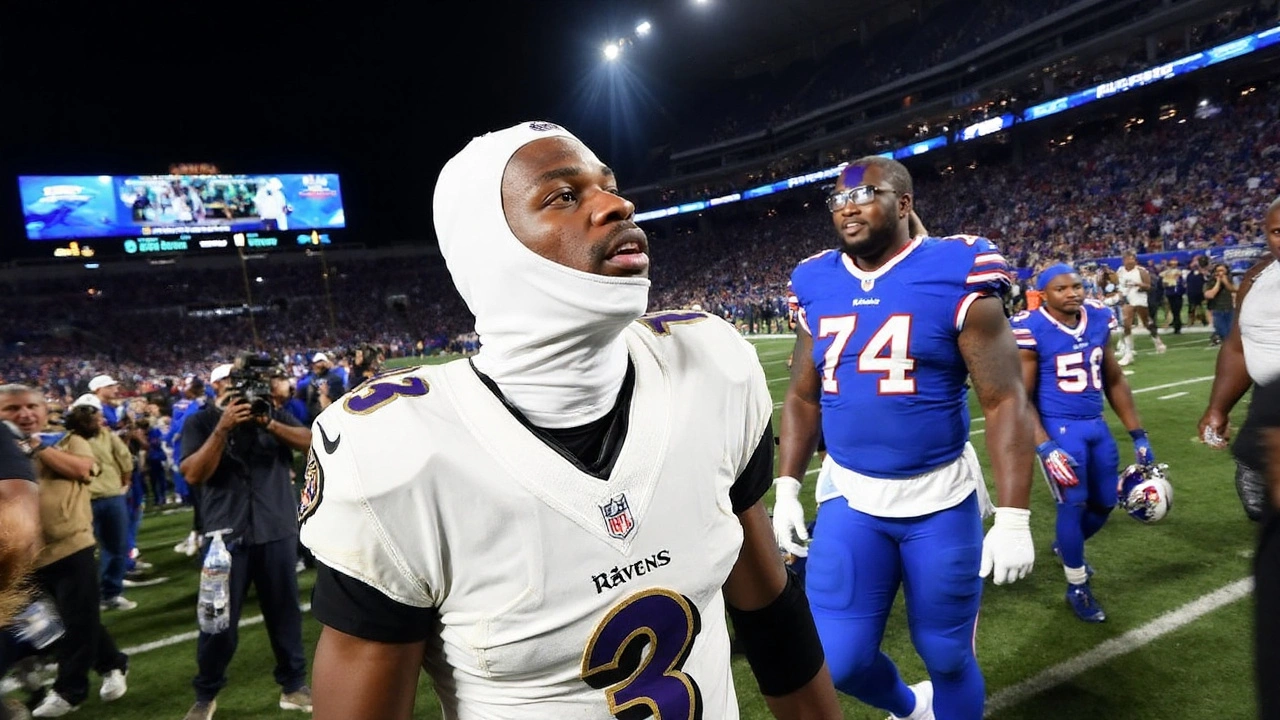When the Lions introduced Dan Campbell as their new head coach, the NFL expected the usual polished remarks about strategy and roster moves. Instead, the man who grew up in Michigan’s tough suburbs launched into a wild, metaphor‑laden tirade that would later be christened the "kneecap speech." He didn’t just promise hard‑nosed football; he tied the team’s destiny to the city’s own story of rebounding from decline.
Why the speech mattered
Campbell’s opening line—"we're going to kick you in the teeth and bite a kneecap off"—was instantly polarizing. Sports writers labeled it theatrical, while some fans giggled at the absurdity. Yet the underlying message resonated with anyone who’s watched Detroit wrestle with factory closures, a shrinking tax base, and decades of football heartbreak.
He framed the Lions as a mirror of the Motor City: battered, bruised, yet refusing to stay down. That wasn’t a playbook; it was a cultural promise. By invoking vivid, even violent imagery, he forced listeners to stop thinking about X’s and O’s and start feeling the grit of a city that rebuilds its own streets after every setback.
What set this moment apart from the usual coaching hype was the raw vulnerability in Campbell’s tone. He didn’t hide behind statistics or defensive schematics; he laid his soul on the podium, admitting the team would get knocked down and that’s okay because each fall would be a chance to grow tougher. In a league that often spends millions on PR consultants, that honesty felt refreshing.
The immediate reaction from within the organization was unmistakable. Veteran players whispered to each other in the locker room, nodding as if they’d just heard a battle cry. The front office, which had been stuck in a cycle of mediocre drafts, suddenly found a unifying narrative to rally around. Even the fan base, long accustomed to shrugging off losing seasons, began chanting snippets of the speech at games.
Ripple effects across the NFL
Campbell’s boldness didn’t stay confined to Detroit. Other coaches took note, realizing that authenticity could be a strategic weapon. A handful of teams began to replace generic press releases with gritty, city‑centric storytelling, turning their stadiums into stages for local pride.
Beyond messaging, the speech sparked observable changes on the field. The Lions started playing with a noticeable edge—more aggressive blitzes, hard‑hitting runs, and a refusal to back down on fourth down. While the stats didn’t instantly turn the franchise into a championship contender, the team’s win‑loss record improved enough to silence many critics who had written them off as perennial losers.
The cultural shift also impacted player recruitment. Young athletes from the Midwest, who grew up with the same industrial hustle, saw the Lions as a place where their work ethic would be respected. A few high‑profile free agents cited Campbell’s “no‑excuse mentality” as a key factor in deciding to wear the Honolulu blue.
Media analysts began to study the speech as a case study in leadership. Business schools referenced it in lectures about authentic communication, arguing that the raw, unapologetic language forged a stronger internal brand than any glossy ad campaign could.
Perhaps the most telling evidence of the speech’s lasting impact is the way it’s still quoted in locker rooms, on social media, and even in late‑night sports talk shows. When the Lions face a fourth‑quarter deficit, you’ll hear a player mutter, “bite the kneecap,” reminding everyone of the promise made months earlier.
In the broader NFL ecosystem, Campbell’s approach encouraged a wave of coaches to speak in colloquial, city‑specific terms. The result is a league that feels less like a corporate boardroom and more like a collection of neighborhoods each trying to tell its own story through football.
By turning a single, off‑the‑cuff press conference into a cultural touchstone, Dan Campbell transformed not just a franchise but also the way professional sports think about leadership, identity, and the power of raw, unfiltered language.

